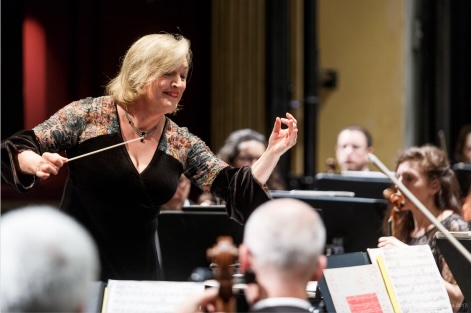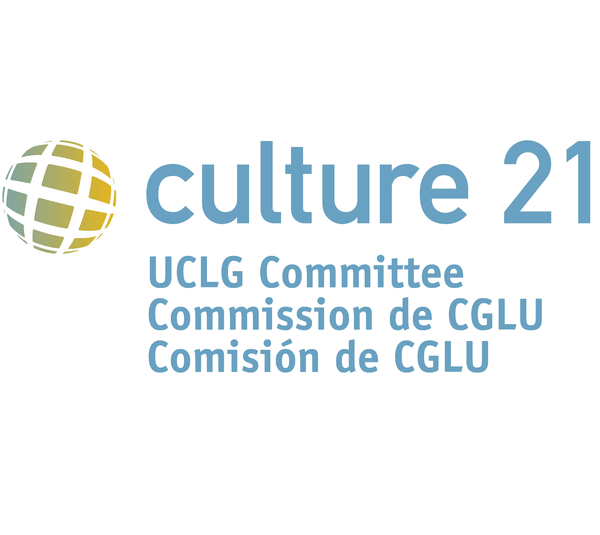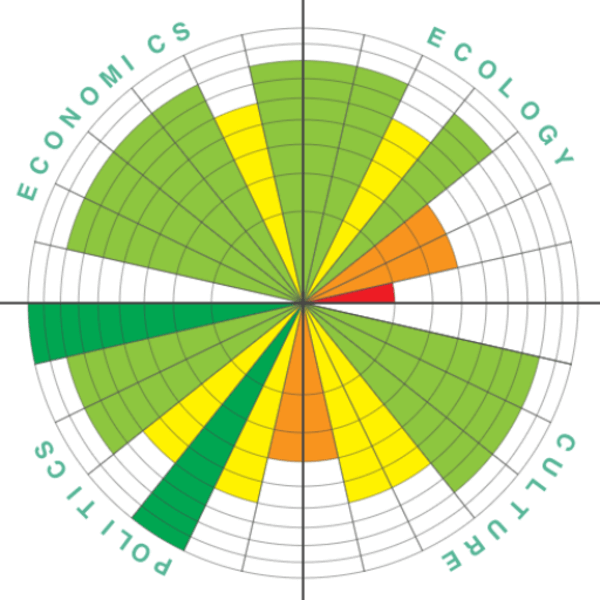City
Montevideo
Main actors
City Government, Private Sector, Community / Citizen Group, Research Institutes / Universities
Project area
Whole City/Administrative Region
Duration
Ongoing since 2015
Within the Municipality of Montevideo, the Department of Culture ranks among the top three departments in both budget allocation and number of civil servants. It focuses on artistic culture, traditional cultural infrastructure (stable ensembles, theatres, museums and libraries) and the promotion of artistic activity throughout the city. In the 21st century, the department has grown to carry out initiatives linked to the inclusive, democratic full enjoyment of citizenship cultural rights, the appropriation of public space, as well as the coexistence and development of local identities and community culture.
To provide gender perspectives in public cultural policies, priority is given to strengthening the institutional framework. An equality team is composed of officials from all areas, a cross-cutting budget programme for gender equality is defined, the gender perspective is included in the institutional management commitments, and training and awareness-raising workshops are organised for civil servants.
This study case is based on a good practice provided by the City of Montevideo and promoted by the UCLG Committee on Culture. The original document can be found here.
On Map
The Map will be displayed after accepting cookie policy



